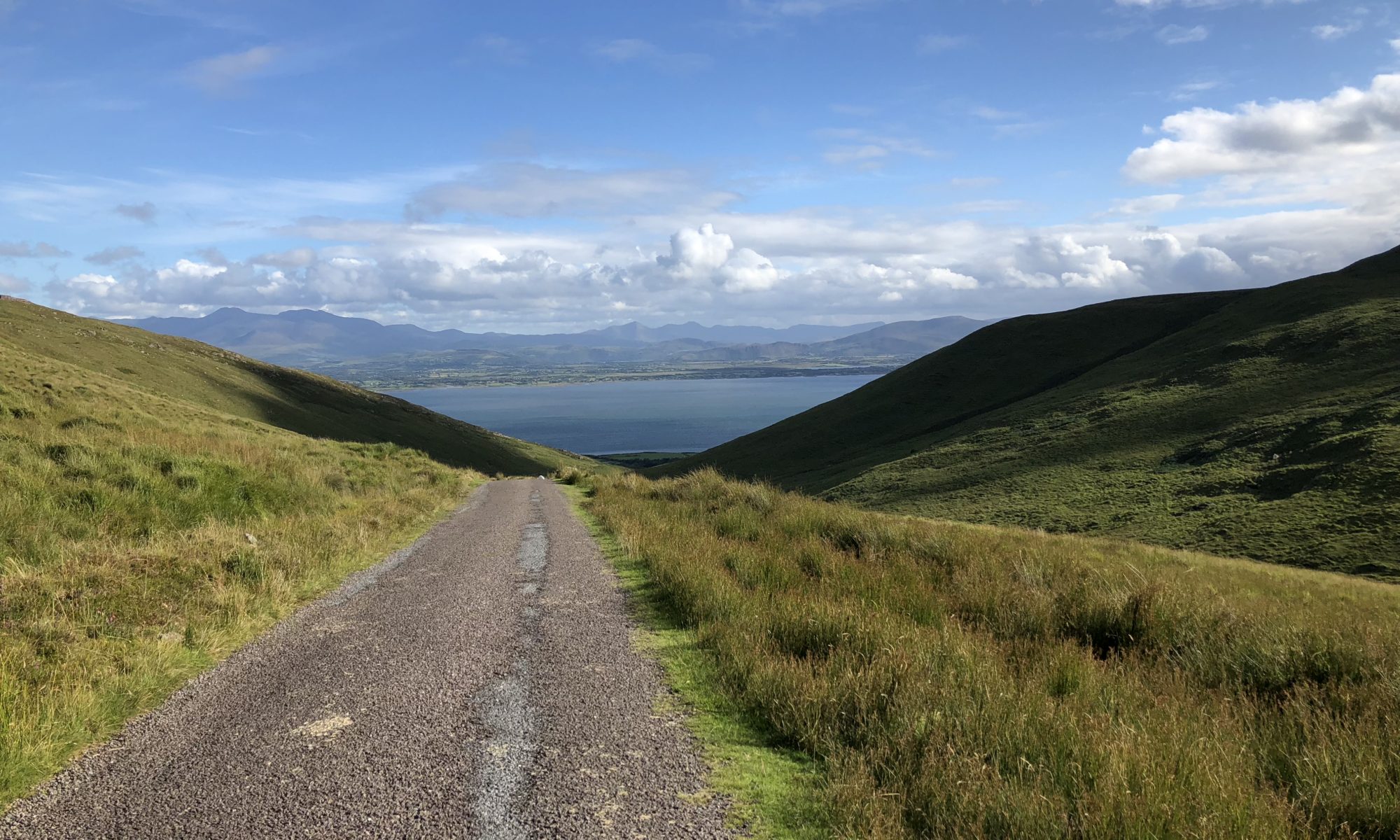Can you imagine life becoming so unbearable on the East Coast, so dangerous, so poverty-ridden, and so unsafe for you and your children, that you pack what little you can carry, take your children by the hand, and start walking?
Now imagine that this trek takes you from the East Coast to the West Coast – some three thousand miles. Even if you walked 15-20 miles a day, it would take you 280 days to make the journey. Too far? Just walk to Denver. From my house, that’s still 1,812 miles. Could you do that with your kids in hand, your belongings strapped to your back, depending on the kindness of strangers for food and shelter?
I couldn’t.
And yet, history is filled with journeys.
We read about the Jews taking flight through the desert of all places, through the sea, up the mountains, and taking so long to make the passage that an entirely new generation arrives at the destination. We call it an Exodus and we celebrate their patience and the laws they received on their way.
We read about Mary and Joseph taking a trek on the back of a donkey and we pause to remember the sacrifice.
We remember the journeys of St. Paul and read nearly every Sunday about the communities of Corinth, Ephesus, Caesarea, and Thessalonica to whom he wrote and gave instructions we still ask our children to follow.
We read about two men, on their way to Emmaus, joined by the Risen Lord and reminded that, in the breaking of the bread, salvation is found.
And yet today, we read about thousands of people who are marching to a better life and we argue about how fast we can close the border.
These people are hungry and yet manipulated by immigration groups and the media. They are scared and yet willing to take on hard jobs most of us don’t want to do. They are worried about their safety but are willingly walking in the open air because they dream of a better tomorrow.
They are you and they are me. With skin of a different color and language we may not understand, they are us. They are our ancestors who journeyed on boats from foreign lands like Ireland and Italy and Hungary and Spain. Boats, I might add, onto which you and I would never step foot.
They are human and worthy of the same dignity we demand our children show one another.
To say otherwise flies in the face of all the other journeys we celebrate and remember.
This week, let us put down the newspaper, turn off the wifi, close the browser, and pick up a Bible.
The answers are there, I promise.
-pjd

